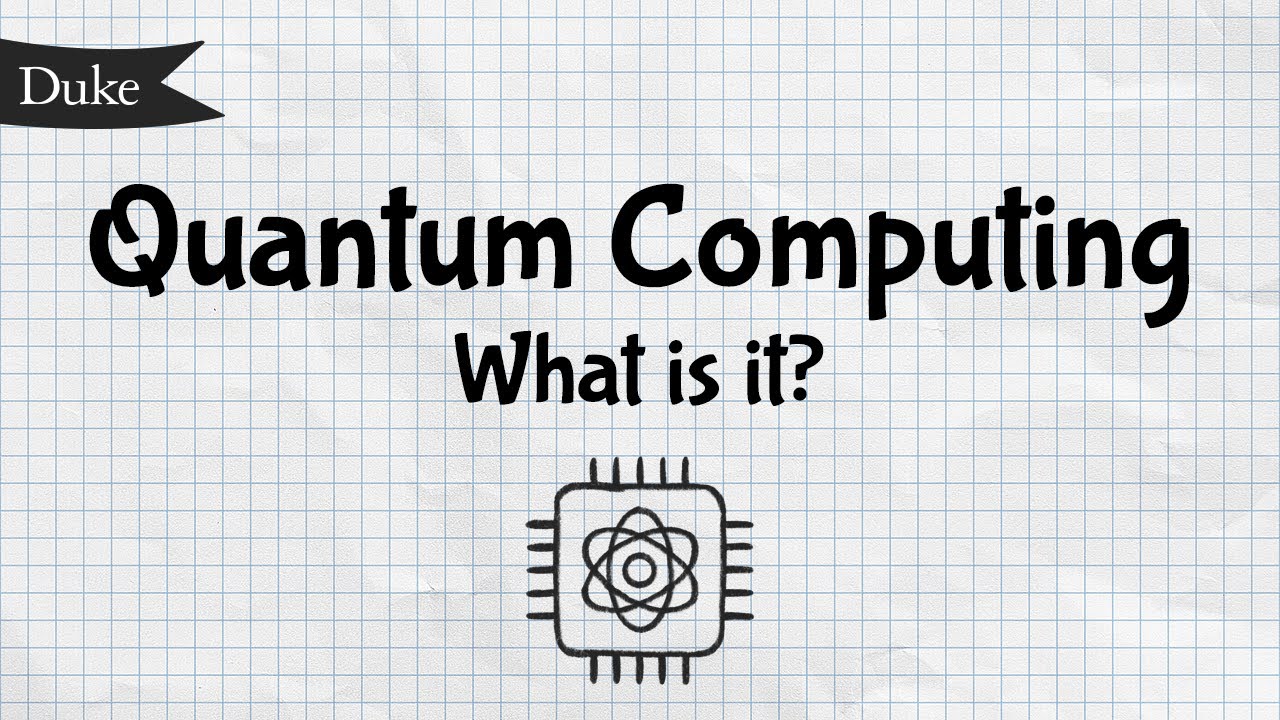Understanding Quantum Computing: A Leap Beyond Classical Computers
Picture solving a Rubik’s cube with your eyes closed. That’s how traditional computers feel tackling massive problems. Enter quantum computing, the superhero we didn’t know we needed. While classical machines rely on bits—binary zeros and ones—quantum computers take it up a notch with qubits. They can exist in multiple states at once.
As we see the letter “A,” a computer sees a string of zeroes and ones. From memes to data sheets, it’s all these sequences.
The Basics: Classical vs. Quantum Computing
If classical computers were a coin toss, with just heads or tails, quantum computers are like spinning the coin and having it both ways. This is the qubits’ magic!
A joke in quantum circles goes, “Why did the quantum physicist cross the road? To both be on this side and the other at once!” This quirky trait lets quantum machines handle multiple variables at the same time, like having your cake and munching it too.
The Speed Advantage of Quantum Computers
The scoop is quantum computers might be thousands of times faster than their old-school counterparts. Imagine slashing the time to solve gnarly problems from eons to mere seconds.
This speed boost is a revolution, paving the way for breakthroughs in fields like cryptography and optimization, which classical machines just can’t handle. It’s like swapping a pedal bike for a rocket!
The Challenges of Quantum Computing
But here’s the catch: quantum computers are as fragile as a soap bubble in a hurricane. They must be shielded from heat and jiggles. Think about keeping a quantum computer at 0.
015 Kelvin—chillier than interstellar space by 180 times. This icy environment is crucial to keep qubits stable, easily disrupted by outside chaos. It’s like trying to keep a snowman intact in the Sahara.
Applications of Quantum Computing
While quantum computers promise to shake up industries with better batteries or groundbreaking medicines, your everyday tasks will still rely on conventional computers. Quantum computing isn’t here to overthrow classical computing but to tackle unsolvable problems.
Imagine in materials science, simulating molecular interactions becomes a piece of cake, or in logistics, optimizing routes saves billions. These potential applications are like finding a GPS in a world of paper maps.
The Future of Quantum Computing
As research rolls on, the future of quantum computing shines as bright as a supernova. Companies and nations are betting big on quantum research and development, aiming to leap over current hurdles and make quantum machines more reachable. It’s like the moon race, but for qubits!
Conclusion: A Quantum Leap Forward
All things considered, while quantum computing’s still in its toddler phase, its potential to untangle complex problems beyond classical computers makes it a field to watch. As we dive deeper into this tech, expect major strides that’ll push the limits of what’s possible. As Einstein quipped, “The important thing is not to stop questioning,” and with quantum computing, the questions are just heating up.


